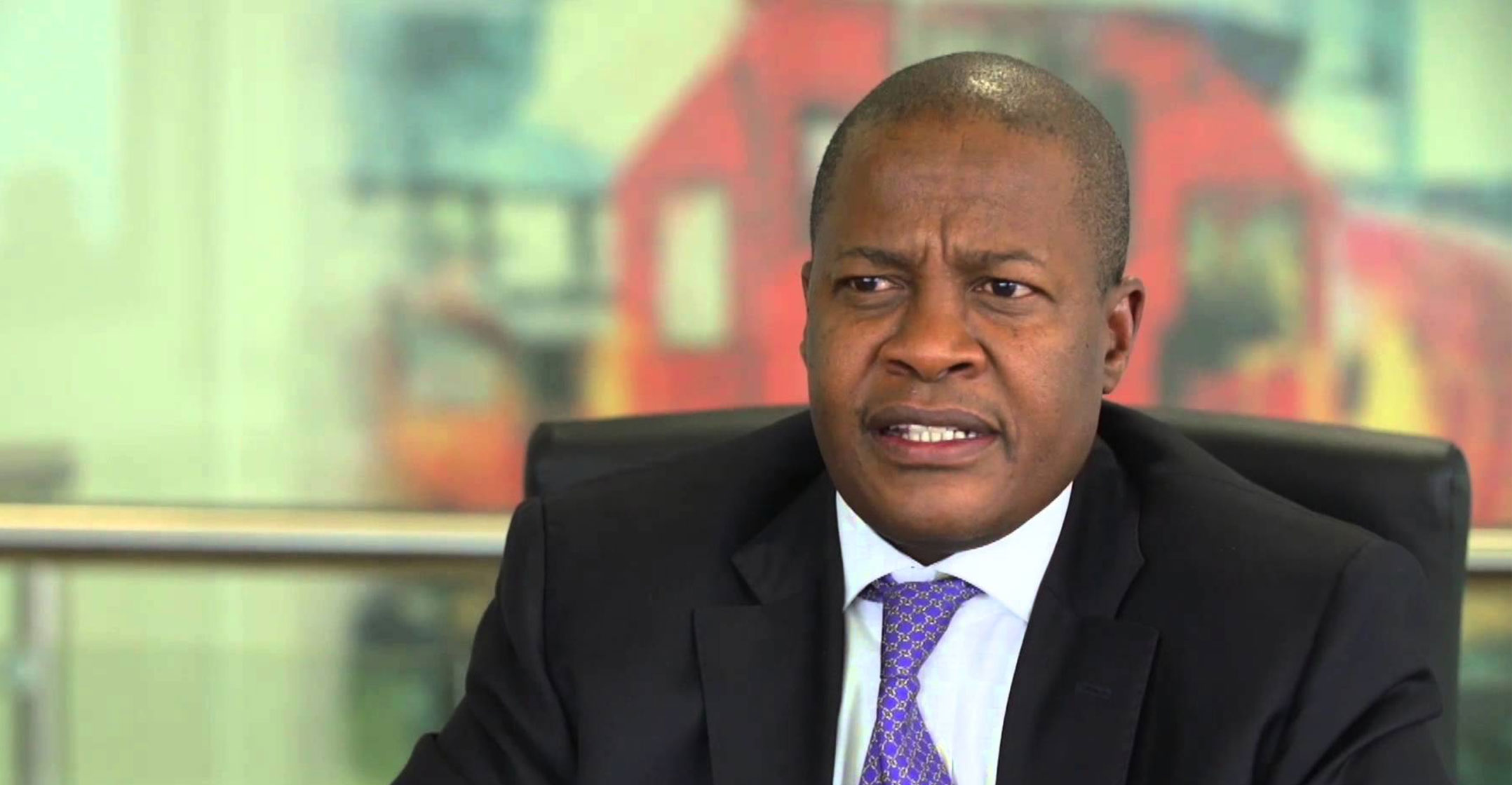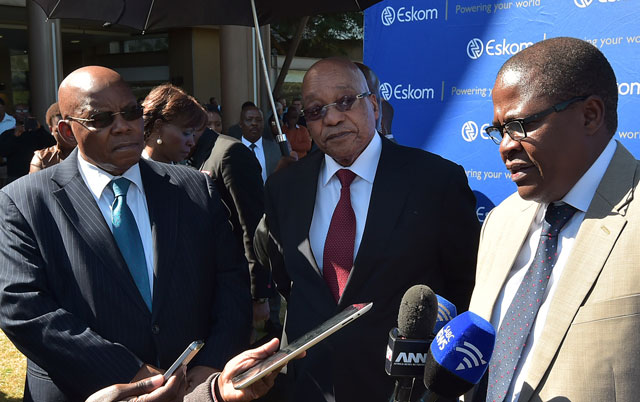
South Africa has, in the past, been credited with taking on innovative corporate governance standards and integrated reporting. So, it’s particularly depressing to see the spectacle around the country’s largest state-owned enterprise, power utility Eskom.
The drama has revolved around Eskom’s CEO, Brian Molefe, who has returned to the job just months after quitting. The contradictory explanations of his return point to huge flaws in the accountability systems of the country’s state-owned enterprises. It’s clear that Eskom flouted many basic principles of sound corporate governance.
This poses enormous risks as these systems are imperative for ensuring an ethical public service and society.
When Molefe announced his departure from Eskom, he specifically connected his leaving to “corporate governance”; he was certainly accurate in that. On top of the issue of his claimed connections to the Gupta family, the allegations that spurred his exit spoke to breakdowns in information sharing and decision making that were made to benefit only a few.
Regardless of political ideology, it is difficult to see that Molefe’s return to Eskom can be said to be in the best interests of creating an ethical culture
The ANC’s national executive committee has since ordered that Molefe’s return to Eskom should be reversed, a decision seen to be going against the wishes of its President Jacob Zuma.
There are many flaws that need to be examined in this saga, but let me flag three foundational faults in corporate governance. Firstly, there were serious lapses around Eskom’s senior executive remuneration processes. Secondly, it looks like the basic rules of consultation around critical decision making were flouted. And thirdly, creating a false dilemma between handing Molefe a R30m payout or allowing him to return to his Eskom job points to a simple disregard of the rules.
Process failures
The compensation question: The question of fair and justified compensation for senior executives looms large in the Eskom saga. There’s still no clarity over why Molefe left Eskom in December last year: whether he “retired” or “resigned” remains a contested point. More recently, South Africans were informed that he was, in fact, on unpaid leave in the months between his departure in December and his return in early May.
Whatever the reason for his departure, Eskom’s board chose to award Molefe R30m. This raises the first potential failure in the accountability system: the responsibility of board members to decide fair and justified compensation for senior executives.
This is true regardless of whether they retire or resign or go on unpaid leave. Each is governed by sets of rules to guide a board’s decision making. Leaving aside the obvious contradiction that anyone would be paid R30m for being on unpaid leave, none of the normal remuneration rules seems to have been followed. But without a basic understanding of the terms of his departure, a proper analysis is almost impossible. This failure of transparency in the process makes justifying the award because it was in the interests of Eskom’s stakeholders even less likely.

Flouting consultation processes: The second failure in the governance system is a lack of clarity around the role of public enterprises minister Lynne Brown. Her decision to contradict the board and deny the R30m payout triggered an evaluation of what to do about Molefe’s connection to Eskom. In her statement, Brown highlighted the fact that she hadn’t been consulted and referred to decisions that appeared to have been made without the required approvals.
An effective corporate governance system has clearly delineated processes for both consultation and decision making.
In this case, it seems that steps in that process were skipped over, and key people weren’t consulted, leading to an unsupported outcome.
Creating a false dilemma: Brown claimed that there were only two options open to her — to pay Molefe R30m or reinstate him. But by doing so she created a false dilemma that stood to benefit the person who stepped down, rather than the company and its stakeholders. In the process, the board and the minister ignored multiple options that would have likely been better.
For example, if neither the board nor Brown could agree on severance compensation, Molefe could be paid his old salary in the interim, while final negotiations took place (there is a paid leave option in his contract). This type of bridging arrangement would create fairness for him while avoiding disruption to Eskom’s operations.
A question of ethics
A fundamental principle of good governance, laid out in King IV (a set of guidelines for strong corporate governance which companies/directors should comply with and explain their choices), that applies here is that “governing bod[ies] should govern the ethics of the organisation in a way that supports the establishment of an ethical culture”.
Regardless of political ideology, it is difficult to see that Molefe’s return to Eskom can be said to be in the best interests of creating an ethical culture.
Strong accountability systems create ethical cultures because everyone knows the rules, and believes the rules are being followed. As a result, people trust that when things don’t go their way, there’s a clear explanation. While they may not agree with choices, they are confident that a decision was made after a known process was followed.
While the legal grounds for better governance are worth debating and enforcing, South Africans must never neglect the profound ethical impact of failed accountability systems
Strong accountability systems can certainly privilege some people over others in different circumstances, but they clarify what gets rewarded and what gets punished. This leads to an ethical culture because there’s a common understanding and, crucially, some levels of shared purpose.
Good accountability systems are about more than creating and following rules; while compliance is an aspect of these systems, it is really the bare minimum. They create and support a sense of shared destination, bolstered by agreed processes.
Recently, leaders have too often relied on their legal “right” to do something, ignoring their ethical obligation to the greater good: the good of their company, their portfolio, their electorate, their country.
While the legal grounds for better governance are worth debating and enforcing, South Africans must never neglect the profound ethical impact of failed accountability systems. Eskom’s current situation is about more than fulfilling its legal obligations. It’s a warning that South Africa’s ethical culture might slip through our hands. Let’s hold on tight.![]()
- Timothy London is senior lecturer, University of Cape Town. His article was originally published on The Conversation

